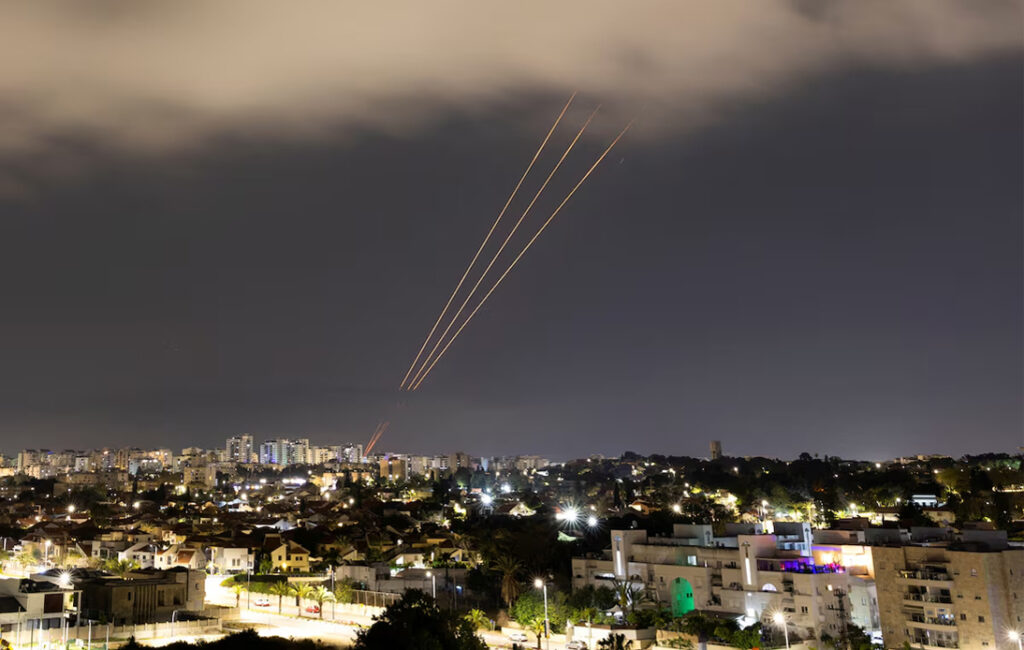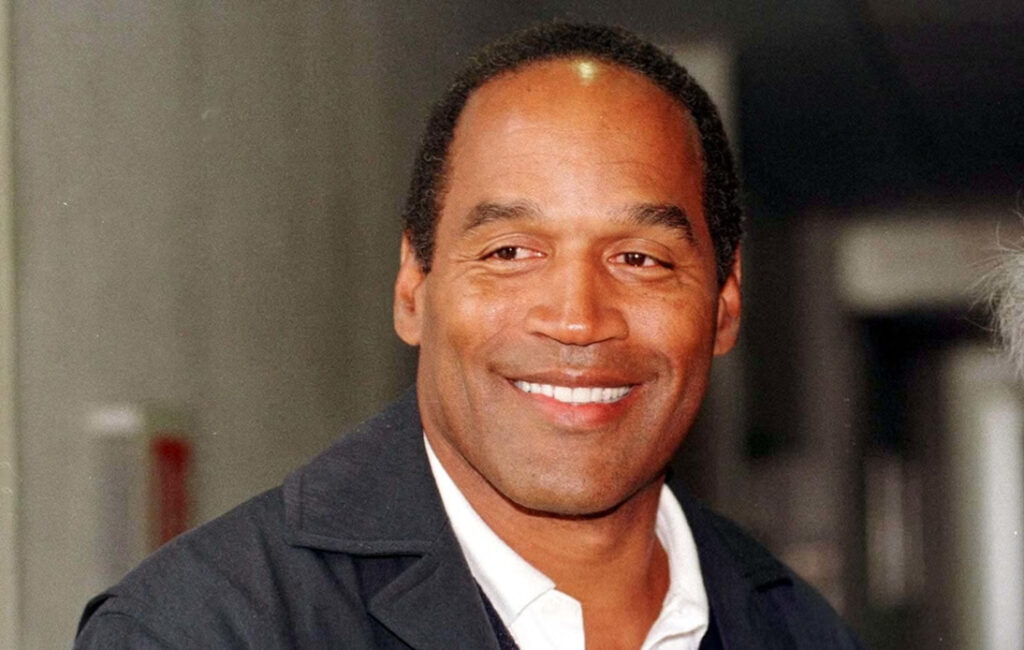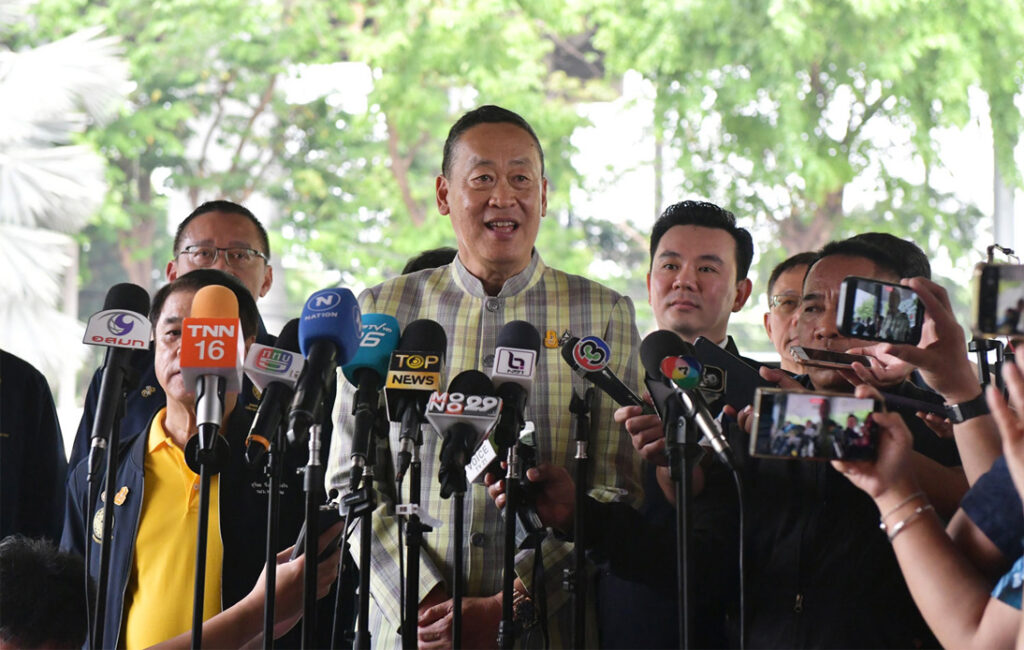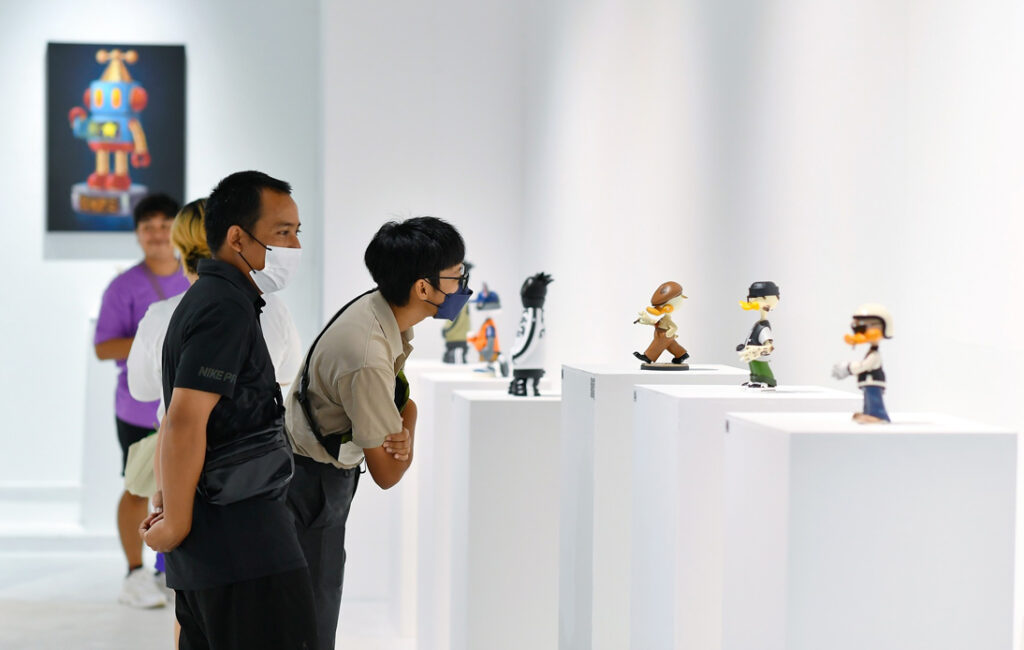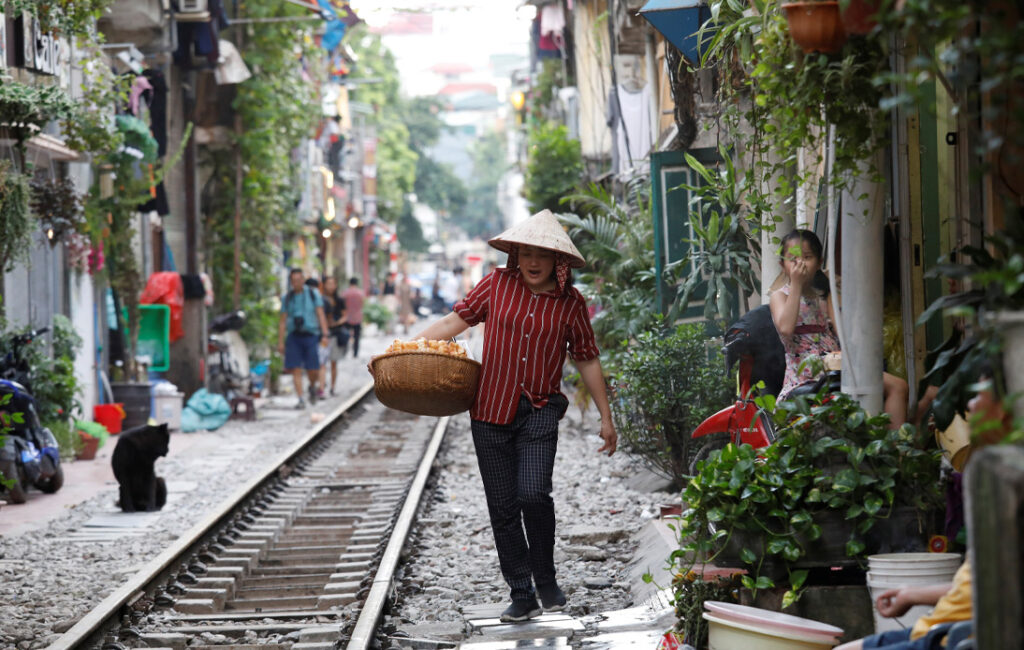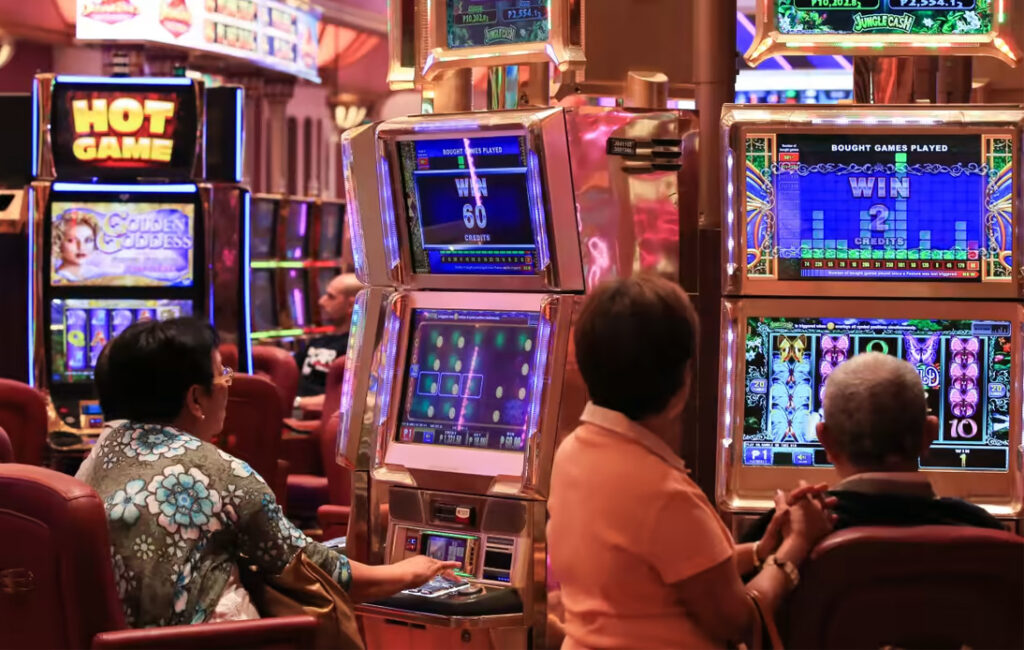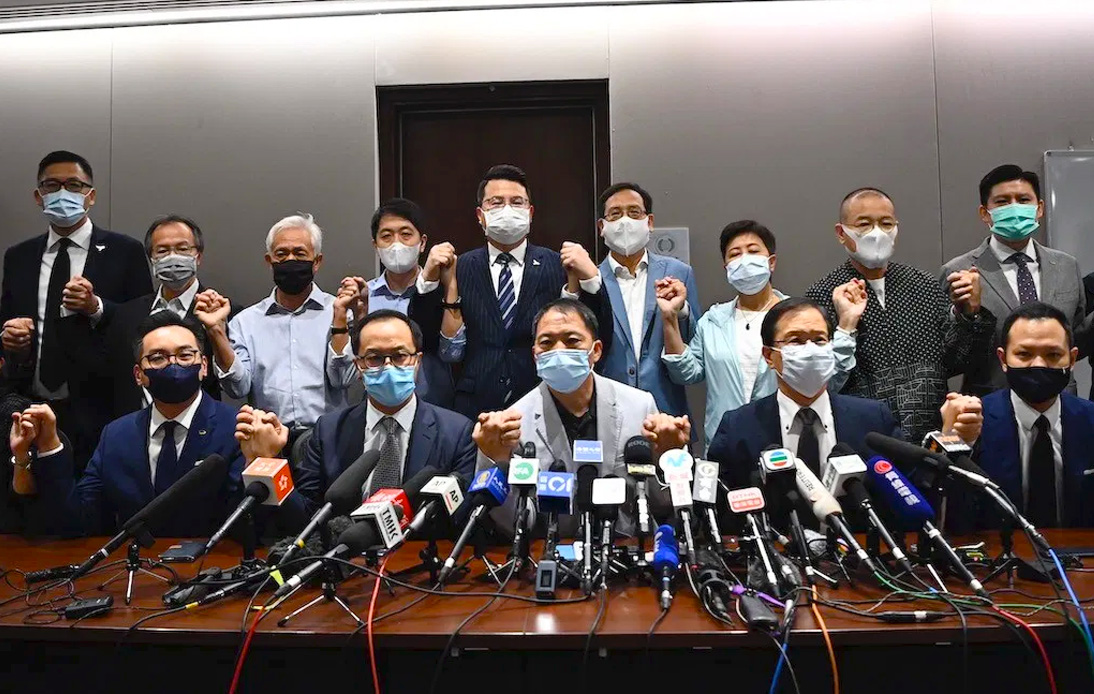
All of Hong Kong’s pro-democracy lawmakers have resigned after Beijing forced the removal of four of their colleagues on Wednesday.
The four lawmakers removed were Alvin Yeung, Kwok Ka-ki, and Dennis Kwok of the Civic Party and Kenneth Leung of the Professionals Guild.
Beijing authorities have passed a resolution allowing the government of the city to remove from office politicians that they consider to be a threat to national security.
Shortly after, opposition lawmakers said they would resign from the legislature in solidarity with their colleagues.
Also, pro-democracy lawmaker Claudio Mo said: “They are forcing us to quit.”
It is the first time, since Hong was handed back to China in 1997, that the body has almost no dissenting voices.
According to BBC reports, the legislature was already in favor of the pro-Beijing camp.
Furthermore, many people allege that the removal of the four lawmakers is another attempt by China to restrict Hong Kong’s freedoms. But Beijing denies such claims.
Following the removal of the legislators, Wu Chi-wai, chairman of the Democratic Party, told reporters: “We can no longer tell the world that we still have ‘one country, two systems’, this declares its official death”.
The city’s pro-democracy lawmakers held 19 seats out of 70 seats in the legislature. All members have left, either through resignation or removal.
The new resolution was approved by the Standing Committee of the National People’s Congress of China on Wednesday. It indicates that the government can disqualify lawmakers if they support Hong Kong’s independence, refuse to recognize China’s sovereignty, call on foreign forces to interfere with the country’s sovereignty, or any other form of threat to national security.
Furthermore, it allows the Hong Kong authorities to directly remove legislators without having to approach the court.
Hong Kong was previously a British colony and was returned to China under the “one country, two systems” principle. It allowed Hong Kong to retain more rights and freedoms than the mainland until 2047.
However, China passed a controversial national law in late June that reduced Hong Kong’s autonomy and made it easier to punish protesters.
It is a far-reaching law that came after years of protests in favor of democracy and against Beijing.




